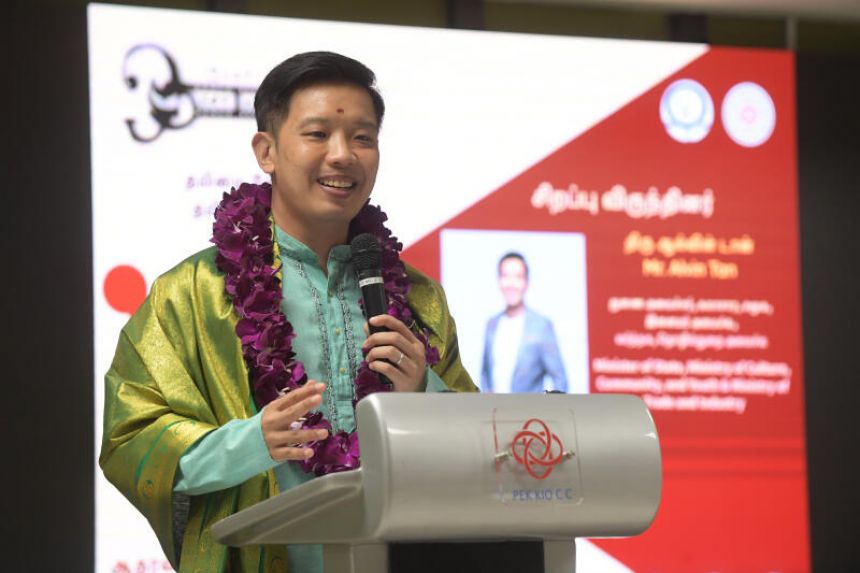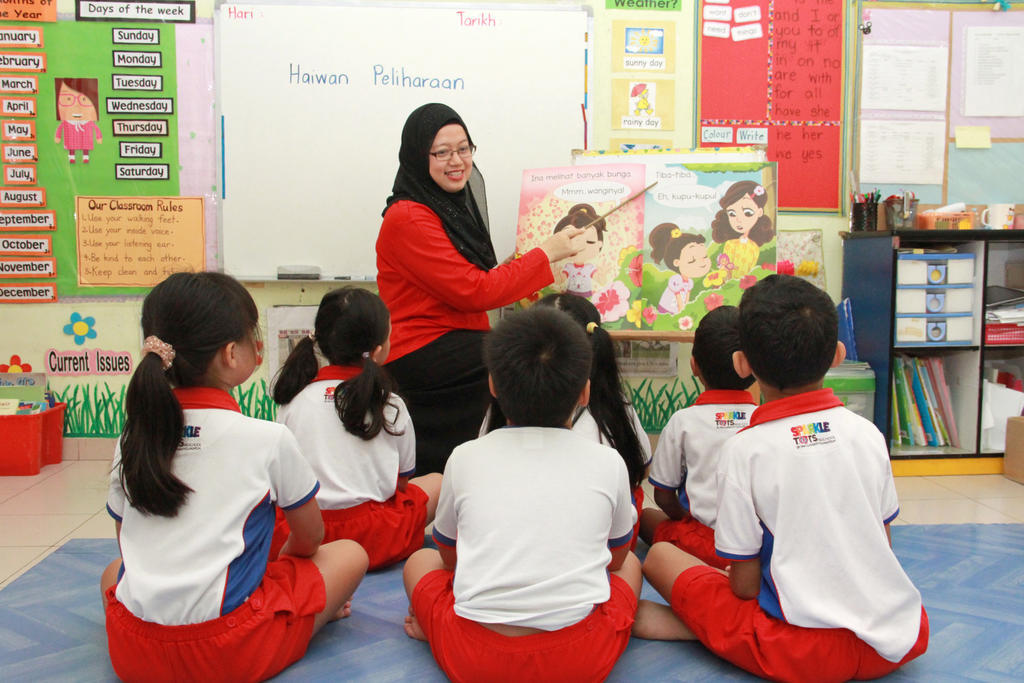Mother Tongues and Second Languages
For a long time now, since 1965, children have taken examinations for their mother tongue or a second language, as part of Singapore’s bilingual policy. While many have argued in its favour, modern times and globalisation has led to an increased debate on whether bilingualism is really still relevant to Singapore’s society.
English has mostly become the nation’s true, primary mode of communication, and a child struggling with mother tongue oral examinations today will likely be asked, “what do you speak at home?” Some parents even land on choices for their children’s mother tongue at school based on which language might prove better prospects later in life.
But looking beyond the superficiality, there’s plenty of societal relevance and cognitive development to gain from learning a second language.
Anchoring the Singaporean identity
Communities in Singapore continue to celebrate the cultural grounding that mother tongue provides. On 17 December, Singai Tamil Sangam had a prize-giving ceremony for its micro-short-film-making competition. The competition was one of 25 different programmes which ran as part of the Tamil Language Festival. The festival ran virtually from 28 November to 20 December.

The is the Tamil Language Festival’s 13th year running, and is a continued effort spearheaded by the Tamil Language Council in Singapore. During this year’s challenge, participants were tasked with producing micro-short films based on given topics, such as Tamil proverbs and timeless excerpts from the Tamil literature classic Tirukkural.
The ceremony was streamed live on Facebook and YouTube on Sunday evening. It was also attended by Minister of State for Culture, Community and Youth Alvin Tan, who gave an online address.
Mr Tan, who is also the Minister of State for Trade and Industry, said “I am encouraged to see our community organisations coming together, working in partnership with the Council, to explore new ways to present the programmes in view of the COVID-19 pandemic. This truly reflects our collective ability to adapt, and carry on with community engagement in the new normal.”
He added that initiatives such as this competition would undoubtedly “spark interest in the Tamil language, and promote the traditional Tamil arts and culture in Singapore”.
“This exciting task not only encourages our young participants to practise the language, but also deepens their appreciation for the Tamil language, arts and culture through film making. This is indeed a great way to ignite interest and impart our heritage, language and cultural values to our children and youth,” said Mr Tan.
The case for and against mother tongue in education
This paper, titled “A Critique of the Bilingual Policy in Singapore” posits that there is a “need to provide a common language while acknowledging and preserving the indigenous languages of different ethnic groups” in multicultural societies such as Singapore’s.

The paper also takes readers through the many counter-arguments to enforcing bilingual learning in schools. One important point is in how a high proficiency in English remains challenging to many students, despite their economic backgrounds. In saying so, it also points out that Singapore’s most common mode of communication is not English, but rather, Singlish. The cost of paying less attention to students’ English learning is a hindrance to international business and intercourse.
In 2001, Lee Hsien Loong, who was then the Deputy Prime Minister, made a case in favour of mother tongue given how diluted English in Singapore is as Singlish.

“Our mother tongues carry with them values, ancient cultural heritages and a sense of identity. To lose some of this, because we need to speak standard English, an international language of business and science, is painful, but it is a rational trade-off to make. But it does not make sense to replace our mother tongues by a Singapore English dialect, which is unintelligible to the rest of the world.
Then we would be better off sticking to Chinese, Malay or Tamil, for then at least some other people in the world would understand us,” Mr Lee said.
Taking the nation out of the picture, learning a second language can also help you on a larger scale. Deepening our connections to other cultures and being able to experience the world with one additional language to help guide you through it is useful and helpful, to say the least.
People who speak more than one language have also been shown to have increased memory, problem-solving and critical-thinking skills, enhanced concentration, and the ability to multitask, among other things.
So when was the last time you busted a sentence out in your mother tongue? Try it. Who knows, maybe honing your second language will land you your next big opportunity.
Join the conversations on THG’s Facebook and Instagram, and get the latest updates via Telegram.














